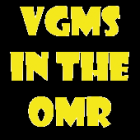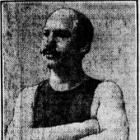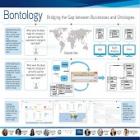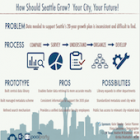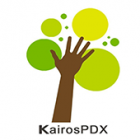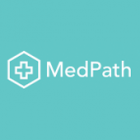
Time and Tide: The Wilhelm Hester Photography Collection
The Wilhelm Hester Photography Collection is a vital resource for both maritime and local historians, as well as a valuable asset to UW Special Collections. Unfortunately, as is frequently the case in large academic institutions, time constraints and financial pressures mean that the initial processing was basic, resulting in a poor-quality finding aid and inadequate document housing. Improper housing placed the photographs at risk from acidification and mechanical damage, whilst the inadequate finding aid dramatically reduced their accessibility. Our sponsor decided to completely restructure the collection and asked our team for help. We laid the foundation for this project by rehousing over 300 photographs and revamping the online description with enhanced metadata for a more intuitive user experience. Our work will transform the user’s first point of contact f into a gateway for collection discovery, enhancing its usability and maximizing our university’s contribution to research.

